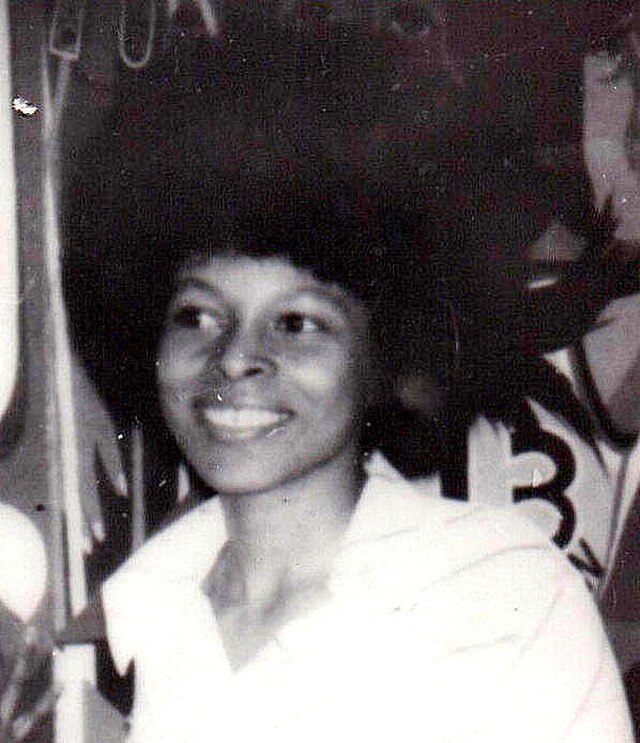Assata Shakur, a Black liberation activist granted political asylum in Cuba after a 1979 prison escape, has died in Havana, Cuban officials and her family said. Cuba’s Ministry of Foreign Affairs cited “health conditions and advanced age.” Her daughter, Kakuya Shakur, confirmed the death in a Facebook post. New Jersey officials said she was 78.
Born Joanne Deborah Chesimard — her married name — Shakur was a member of the Black Panther Party and Black Liberation Army. Her case long strained U.S.–Cuba relations, with American authorities for decades seeking her return; the FBI placed her on its “most wanted terrorists” list.
Shakur was stopped by New Jersey State Police on May 2, 1973, for a broken taillight. A shootout followed that left Trooper Werner Foerster dead, another trooper wounded and one of Shakur’s companions killed. She fled but was arrested, convicted in 1977 of murder, armed robbery and other crimes, and sentenced to life. She also faced charges tied to bank robberies and the nonfatal shootings of two other officers; most were dismissed or led to acquittals, and the officer-shooting counts were for attempted murder.
In November 1979, armed members of the Black Liberation Army posing as visitors broke her out of the Clinton Correctional Facility for women. She surfaced in Cuba in 1984, where Fidel Castro granted asylum, a high-profile example of Havana’s support for movements it viewed as part of a global revolutionary struggle.
New Jersey leaders condemned her sanctuary in Cuba. Gov. Phil Murphy and State Police Superintendent Patrick Callahan said they would “vigorously oppose” any effort to repatriate her remains, adding she appeared to have died “without being held fully accountable.” Assemblyman Michael Inganamort lamented that “justice was never served,” and a police union denounced her.
Shakur long maintained she did not fire a shot and said her hands were raised when she was wounded. Her writings later resonated with activists, including during the Black Lives Matter movement. “It is our duty to fight for our freedom… We have nothing to lose but our chains,” she wrote in her 1988 autobiography.
Her cultural impact stretched into hip-hop and popular culture. Public Enemy referenced her on the 1988 album It Takes A Nation of Millions to Hold Us Back, and rapper Common told her story in his 2000 track “A Song for Assata,” a later flashpoint when he was invited to a White House poetry event.



